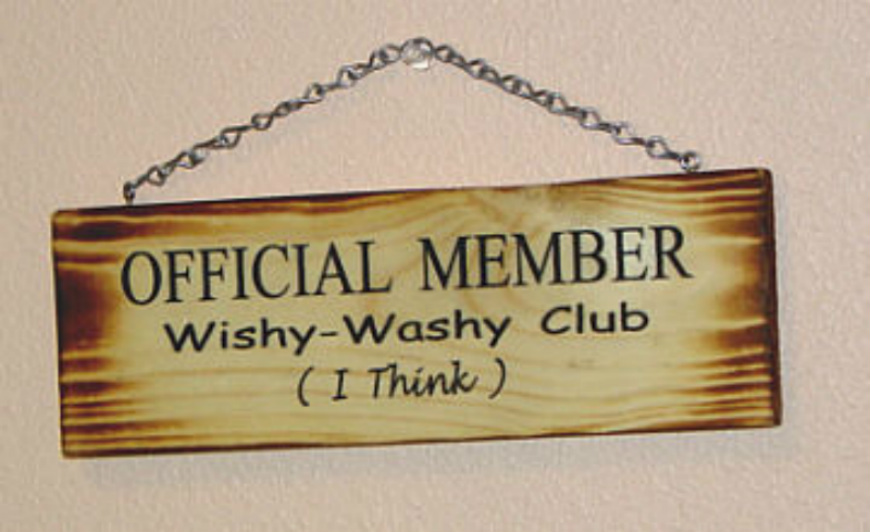Drama Sparks: The Desire to Please
/This is a six-part series about the almost invisible behaviors that spark negative drama and attention.
Have you ever had a thought, desire, or opinion but you decided to not share it for fear of hurting someone's feelings? If so you might be a pleaser! Pleasers are really awesome at assuming they know how others feel and they usually the think, "These people probably don't like me." So instead of openly naming their desire, they hide it behind qualifiers or statements like "I don't care."
For instance. I hang with pastors quite a bit. Many of them have this desire to please. Getting these folks to pick a restaurant is like pulling teeth! Nobody is willing to stake a claim for what they want because they are afraid they might hurt feelings, leave someone out, or be seen as demanding. Here is what they say;
"Well, I'd like mexican....if it's OK with you guys...we don't have to do that....oh nevermind."
The irony of their intention is they do this for the sake of others, but in reality, it pushes people away because their wishy-washy decision making gets them left out.
The best way to approach folks who are trying to please is to ignore the content (in the example above the content is lunch) and show them that you appreciate them for who they are!
Instead of suggesting another restaurant for them to say, "I don't care" to; you might say; "I care about how you are feeling and my top priority is to be together."
This will give them a chance to fill their tank and ask for what they want.
If you ARE the person who desires to please remember that your wants and desires are important too and you are best able to take care of others when you take care of yourself first. A great mantra for pleasers is, "My feelings are valid, even if others don't like them."
Next up in the series: The Perfectionist. What do you do when someone wants to be perfect?
These concepts are all part of Process Communication Model. Take a course to find out more about PCM.



